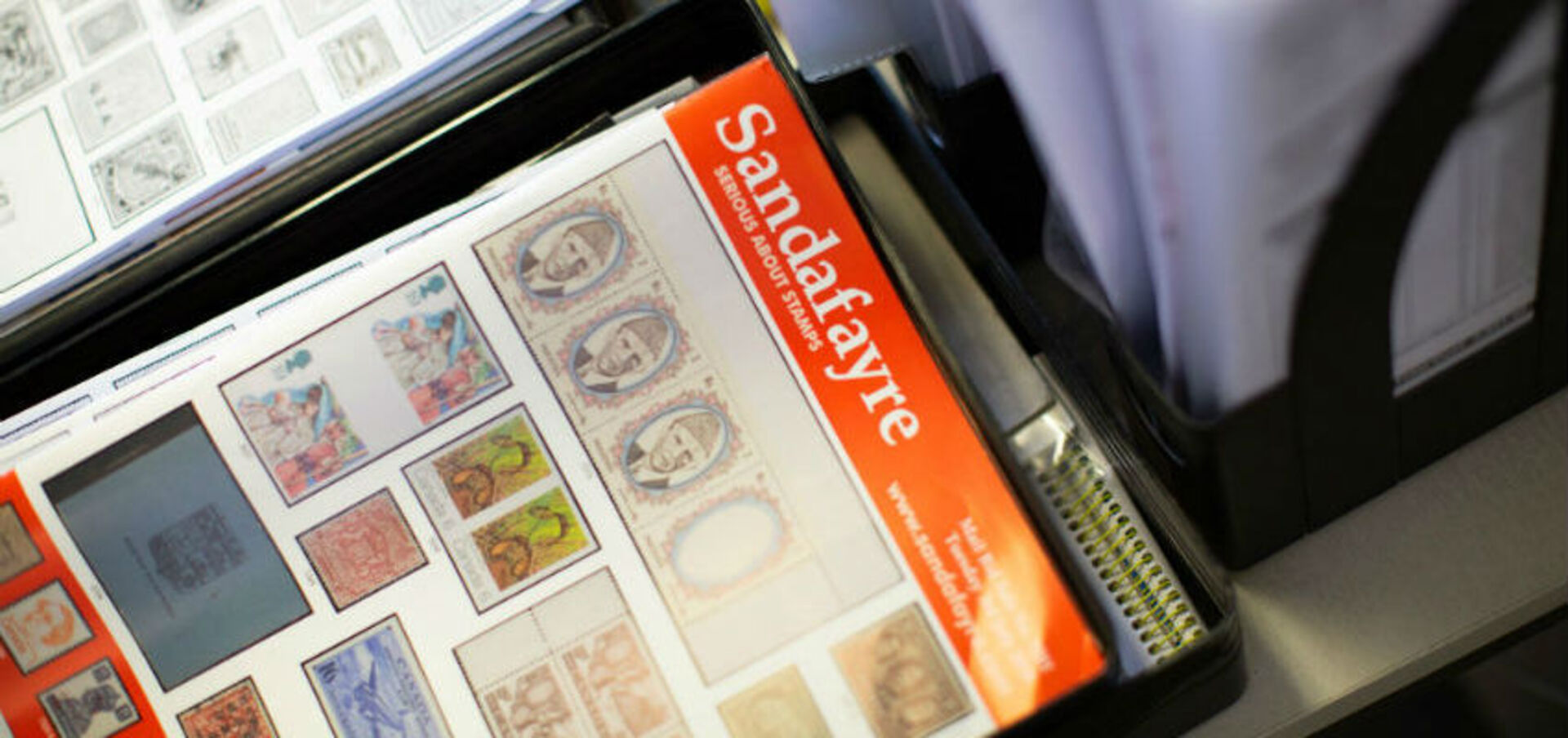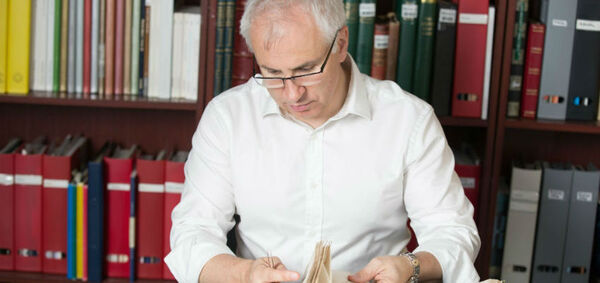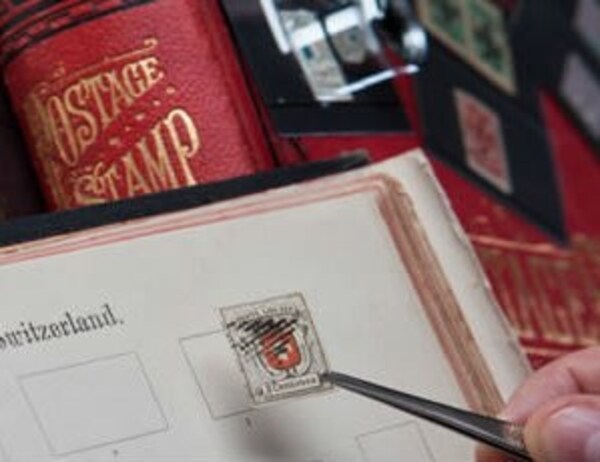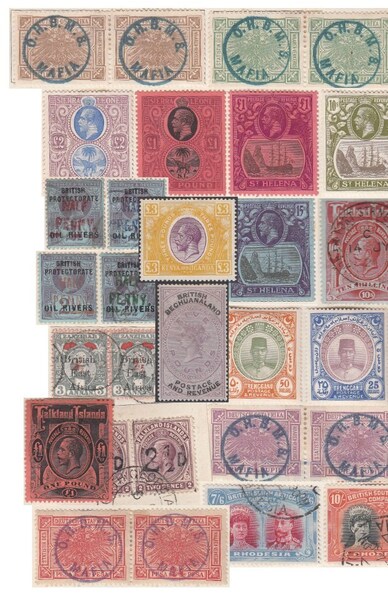Vincent Green of Sandafayre reflects on a tricky question.
Most of us have been asked “What do you do for a living?”. As a young man about town I wouldn’t always answer that question honestly as I considered that a pretty girl needed to be told that I did something cool & lucrative. Other young guys would be told something closer to the truth “I work in a shop” (that’s “a store” to our American friends) and I would hope they didn’t ask what it was exactly, that I sold?
My parents would explain to their friends that I had turned my hobby into a job but had to admit they understood very little about it.
But now I am firmly in middle age I am happy to explain that I sell stamps to stamp collectors. Unfortunately that straight forward answer is rarely the end of it.
You see, no matter how wrong- headed we are most of us believe we know how most professions behave. Strong images accompany those in the uniformed services. Likewise, for teachers, janitors, electricians, scientists (white coats, chemicals etc), pilots, bookbinders, shopkeepers, decorators, builders and on, and on. We THINK we know what most people look like whilst they engage in their daily tasks. Even if we are totally wrong, that is enough to stop further questioning (that architect may have never used a pencil and paper on a big tilting desk, but that’s how we see him or her, no need to ask more questions)
But nobody knows what a stamp valuer does, or what his working environment looks like. The answer is... we look like a mess. Working with stamps can be an untidy business, right now I have eight different catalogues on the floor around my chair, not a milimeter of desk is visable hidden as it is, beneath deep piles of album pages and yes, even more catalogues. The keyboard is balanced on top of an old German stamp album which I am currently working on, noting better individual stamps to be mentioned when we offer the entire worldwide collection as one. What remains of the floor is liberally scattered with old stamp hinge remains that the cleaner refuses to vacuum as they jam the machine. Dont get me wrong, it is a nice modern office with lots of light, and many of my colleagues are less untidy, or like myself every week or so they cannot stand the mess and ‘have a tidy-up’, it looks OK. But it is not a regular office environment with neat piles of paper & files, we are after all working with untidy boxes and albums.
But what exactly do you do? They ask. I reply that I identify and value stamps.
“You make a living out of that?”
“Erm, yes”
“Got any of those Penny Blacks?”
“Yes”
“Impossible!”
Collectors and those of us who make our life in philately soon learn to keep quiet. Stamp collecting is the most complex of all the collecting hobbies. Those apparently close relations banknotes and coins have little of the complexity associated with philately – back in 1994 The Royal Bank of Scotland sanctioned a run of regular £1 notes without watermark – suspecting forgery nobody would accept them and they were quickly withdrawn. Image banknotes in varying shades & with changes of watermark! The entire currency would be near worthless.
So philately with its myriad of changes and its more relaxed approach (in comparison to paper money) to proofs, essays & errors give us too much to explain to any interested ‘civilian’. If you do try to explain that the hobby is more than simply ‘ticking stamps off a list’ then you are going to have to give a short lecture on the subtle differences in quality that make huge differences in the worth of a single stamp, and just why you are only interested in ‘mint’ stamps after a certain date. You may feel you have to explain why you collect stamps from an individual German State, or a geographical area, or from a particular printer, or with a certain strange topic (“You collect stamps with lighthouses on them? Why?”)
You are opening a can of worms. If you collect then you have the option not to tell – but it’s harder to hide your job.
On a recent flight, chatting to my neighbour the subject of work inevitably came up and I tried to explain the complexities of what I do. My fellow traveller simply replied “but aren’t stamps all just listed in reference books?” to which I answered “our library fills around 70metres of shelving and is probably carrying less than 1% of all published works”. That signalled the end of the discussion, and then we talked about his job.
He was an accountant. I know what they do.

 General
General
 General
General
 General
General